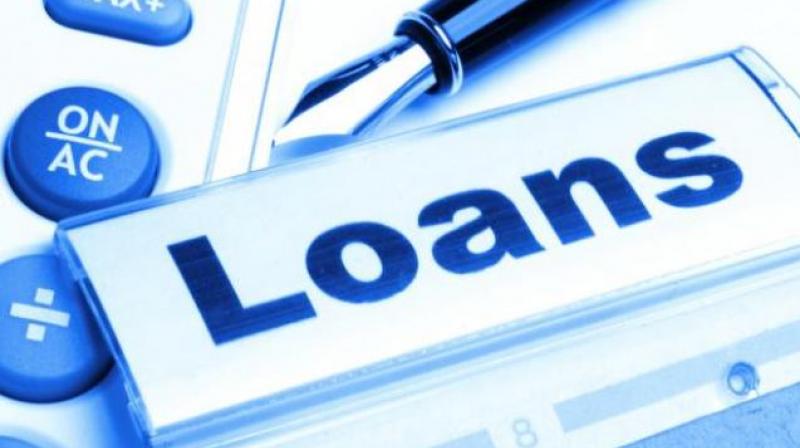Checklist for self-employed while taking personal loan
Whether you are salaried or self-employed, a personal loan can help you meet any of your financial needs.

Taking a personal loan has become extremely easy and convenient today. Since personal loans do not require any collateral, have no restrictions on its end use and are quickly disbursed, it is a preferred option for most. Whether you are salaried or self-employed, a personal loan can help you meet any of your financial needs. However, lenders generally prefer salaried class due to their regular and steady income inflow. Entrepreneurs and those who are self-employed often face difficulty in getting their personal loans approved due to lengthier process, additional eligibility criteria and documentation required.
Here is a checklist of important factors that affect a lender’s decision on loan approval for the self-employed:
Income tax returns- Income tax returns are considered a major factor while evaluating your loan application. Lenders generally check last 2-3 years income tax returns statement in order to verify your income. Irregular ITRs or tax evasions can be detrimental to your chances of loan approval. Hence, it is imperative for you to file your tax returns on time. The ITR required by the lenders include returns filed in your name, apart from those in the name of your business.
Type of business / profession – The nature of your business plays a vital role while evaluating loan application. Lenders prefer stable business (like textile) than those which are seasonal or volatile (e.g. cracker manufacturing). Lenders are apprehensive about lending to those with seasonal or volatile business model as they aren’t convinced about their ability to repay the loans. Such businesses/professions are considered ‘risky’.
Vintage of the business and experience in the field- The older your business/practice is, the brighter your chances are to get loan. It assures the lenders of reliability and sustainability of the business and improves chances of loan approval. Since personal loans are unsecured, lenders typically require at least 3 years’ operational history to approve a loan.
Minimum Income and profit-Most lenders require minimum annual income as one of the eligibility criteria to grant loans to self-employed. A net income below the set limit may lead to rejection of loan application. Also, lenders generally put a lot of weight on the profitability of the business or profession. They generally require last 3 fiscal year’s profit and loss statements along with up to date accounts to judge your financial position and performance. For the self-employed, sales and revenue form the major base for assessment of the loan application.
Credit score- Whether you are salaried or self-employed, credit score is crucial in your loan application’s approval. A high credit score shows financial discipline and creditworthiness of the self-employed. Availing a personal loan for the self-employed can be a little tough due to more stringent processes. A good credit score can be quite helpful in this situation for the self-employed and improve their chances of loan approval.
—by Gaurav Aggarwal – Associate Director, Unsecured Loans, Paisabazaar.com.

